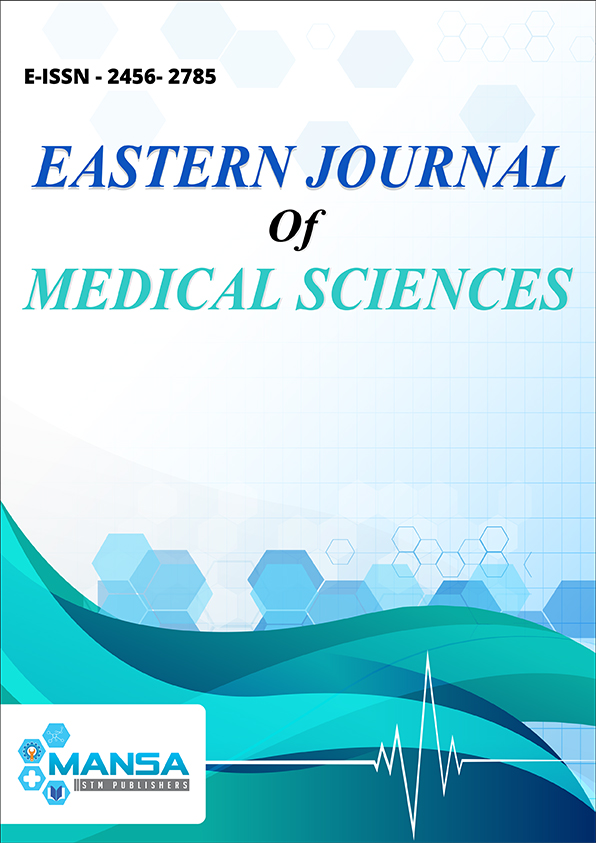Serum testosterone levels and Colonic Diverticula
Low Testosterone in Diverticular disease
DOI:
https://doi.org/10.32677/EJMS.2019.v04.i01.006Keywords:
Testosterone, colon diverticula, androgen deficiency, obesityAbstract
Background: Elderly men have a high risk of metabolic syndrome, including an increased risk of obesity. Whether low testosterone is associated with diverticular disease of the colon (DDC) risk independent of metabolic co-factors is not clear. Aim: This study was conducted this study to reveal the possible link between serum testosterone levels and colonic diverticula. Methods: This study was conducted between May 2018 and December 2018, total 208 subjects were enrolled for the study at a university hospital, Turkey. At total, 85 men with DDC were enrolled for the study. DDC was defined by non-contrast CT scan with colonoscopic examination. Control group (123 subjects without DDC; the mean age was 54.5 ±14.5) were selected from otherwise healthy men. Results: Of the 85 men with DDC, the mean age was 60.8 ± 13.5 years. Lower levels of total testosterone were associated with a 25% increased odds of prevalent DDC on adjusted analyses. Importantly, lower levels of total testosterone remained strongly associated with prevalent DDC, even in men with normal glucose levels (p=0.01). Conclusion: Decreasing levels of total testosterone, even within normal range, are independently associated with DDC in elderly age. Androgen deficiency may have an important role in the development of DDC in men and provide a potential novel target for DDC prevention.


